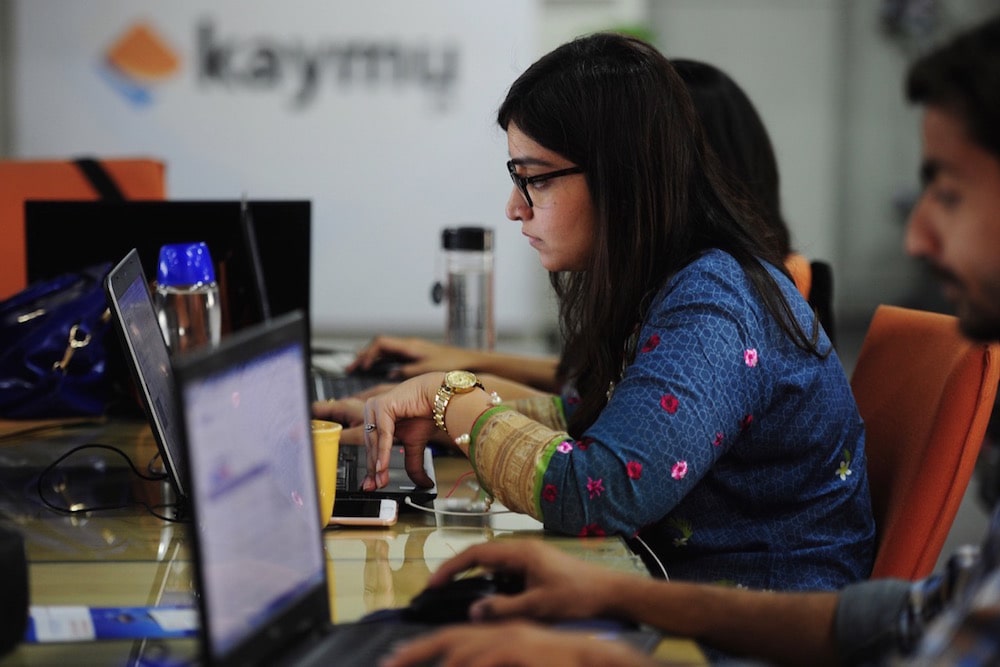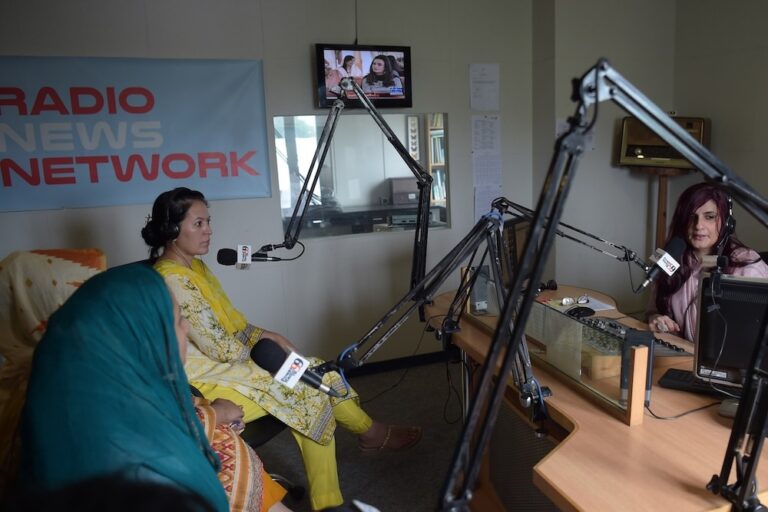The petition urges the government to employ a strong data protection legislation for Pakistani citizens.
This statement was originally published on digitalrightsmonitor.pk on 9 December 2019.
The Islamabad High Court (IHC) issued notices to the Federal Government last month, under a petition titled “Sadaf Khan Vs Federation of Pakistan.” The petition aims to challenge the government’s inability to uphold citizens’ right to privacy granted under Article 14: Inviolability of dignity of man etc, of the Constitution of Pakistan. The petition questions, in general, various projects by the government and corporations that infringe on citizens’ privacy, and in particular, the video surveillance through CCTV cameras and mobile and spy cameras.
The petition maintains that the videos collected through these cameras are then circulated within WhatsApp groups and elsewhere on the internet, and often used to blackmail and coerce women which has devastating effect not only on their physical safety but also has long lasting implications on their psychological well being.
It highlights that this breach of privacy is not limited to the data collected and processed by private institutions, in fact, a large number of this data is acquired by the government agencies as well. This data is particularly sensitive in nature, containing not only the names, phone numbers, and home addresses of the citizens, but also their biometric, banking and criminal records. While this data is collected and restored, citizens remain oblivious of its collection, how it is stored and processed, and who has access to it.
The petition further states that this is not just a matter of individual safety of the citizens, but the data collected through digital technology can interfere with how the government is formed and functions, an example of which was seen during the US Presidential Elections of 2016 when Facebook’s data was used to meddle with the voters’ decision.
The main purpose for filing this petition is to mobilise the government to employ a strong data protection legislation that does not only necessitate data controlled and processed by private institutions to be protected but also the data acquired, stored and processed by the government agencies as well.
Sadaf Khan, co-founder of Media Matters for Democracy, and the petitioner under this case, says, “In the absence of a strong data protection law, the personal and sensitive data of the citizens will constantly be at risk of being breached and abused. The implications of such violations translate differently for women as compared to men; and in our society where women have constantly been seen as ‘honour’ and not a human being, the compromised data can put them under serious physical and psychological harm.”
The petition urges, among other concerns, that IHC directs the respondents to ensure citizens are duly informed wherever the surveillance cameras are installed; immediately enact an appropriate data protection law; acknowledges person’s data be directly linked to their fundamental right to privacy and dignity under Article 14; and declares that a person’s data, digital or otherwise, is the exclusive property of the person.



